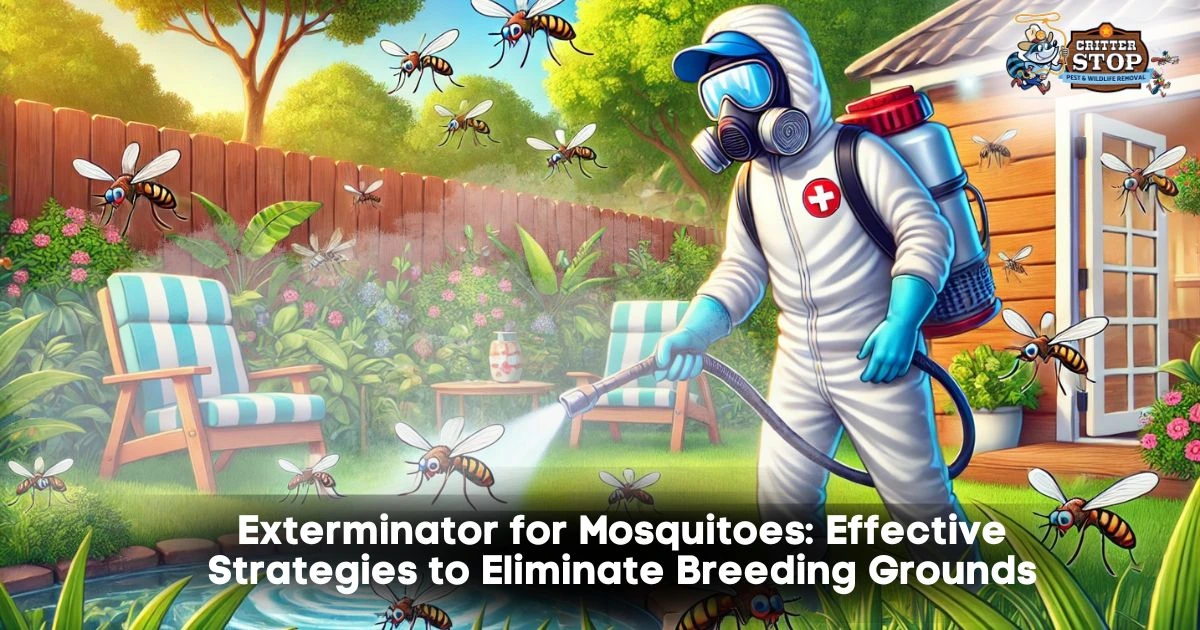
Mosquitoes are more than just a summer nuisance; they are carriers of diseases that can pose serious health risks. Hiring an exterminator for mosquitoes can significantly reduce these pests around homes and outdoor spaces, creating a safer family environment. Professional exterminators utilize targeted treatments that eliminate existing populations and prevent future infestations.
Choosing an exterminator for mosquitoes involves understanding their methods, such as fogging or barrier sprays, which can be tailored to specific yard conditions. These experts assess the area, identifying breeding grounds and effectively minimizing mosquito habitats. This targeted approach ensures long-lasting relief and peace of mind.
In addition to controlling mosquito populations, many exterminators offer follow-up services and tips for homeowners to maintain a mosquito-free environment. Investing in professional mosquito extermination can enhance outdoor living experiences, allowing families to enjoy their yards without the constant threat of bites or disease transmission.
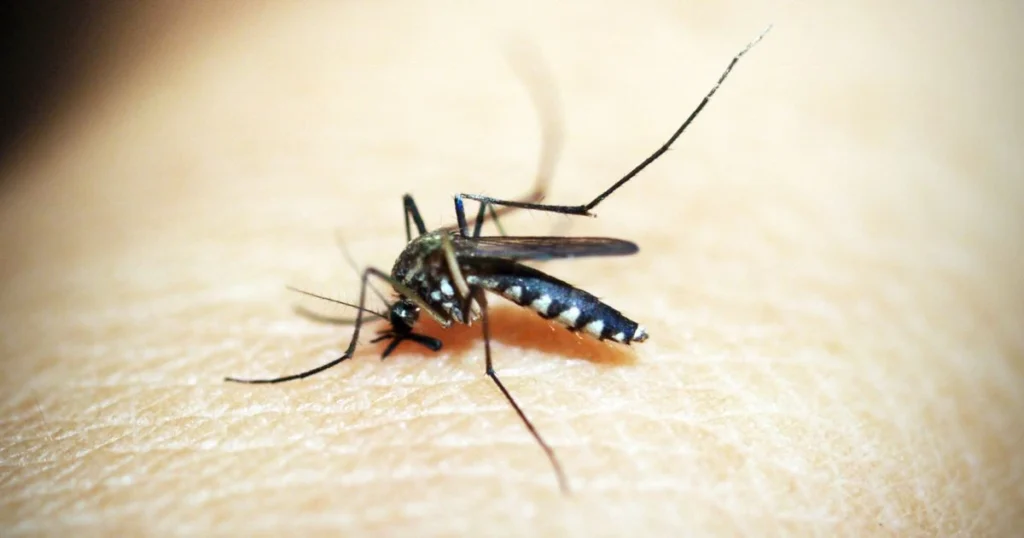
Understanding mosquito biology and behavior is essential for effective extermination. Their lifespan, breeding cycles, and preferred habitats influence how they proliferate and invade homes.
Mosquitoes typically have a lifespan ranging from a few weeks to several months, depending on species and environmental conditions. Female mosquitoes lay hundreds of eggs in stagnant water.
Breeding Cycle:
Environmental factors such as temperature and humidity significantly affect their lifecycle. Warmer conditions often lead to faster development.
Mosquitoes thrive in various habitats, primarily where standing water exists. These can include:
House mosquitoes often enter through open windows and doors, seeking shelter in dark and humid areas. Eliminating stagnant water sources around homes is crucial for controlling their population.
Being aware of these breeding grounds can help homeowners reduce the presence of mosquitoes indoors. Regular maintenance and monitoring help prevent infestations.
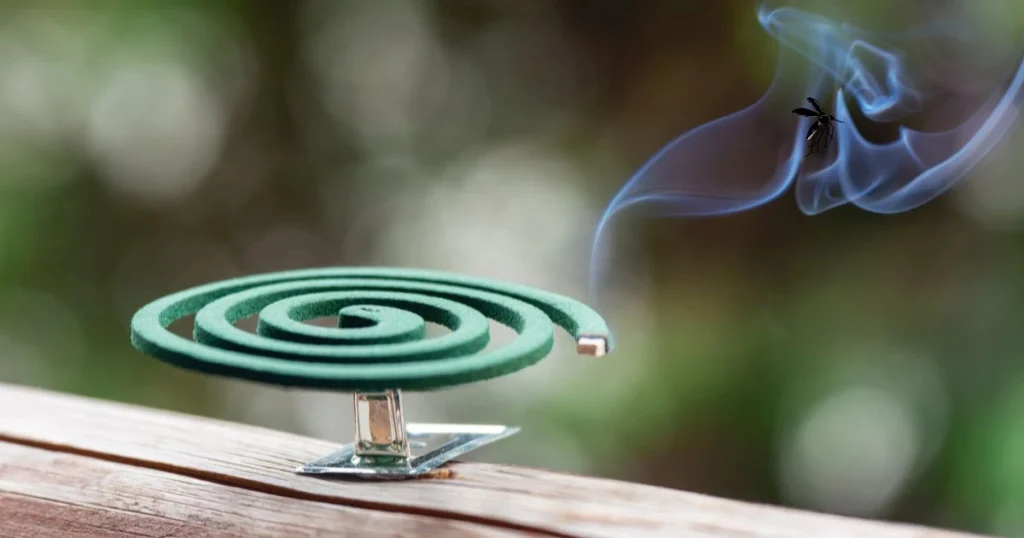
Taking proactive measures can significantly reduce the chances of mosquito infestations. Key strategies include removing breeding sites and improving structural barriers to keep these pests at bay.
Mosquitoes reproduce in stagnant water, so eliminating potential breeding sites is essential to controlling their population.
Implementing these steps significantly decreases the likelihood of mosquitoes breeding in the backyard.
Creating barriers is another effective method for preventing mosquito infestations. Proper maintenance of the home's exterior can deter mosquito entry.
Homeowners can minimize indoor mosquito activity by focusing on structural integrity and strategic landscaping.
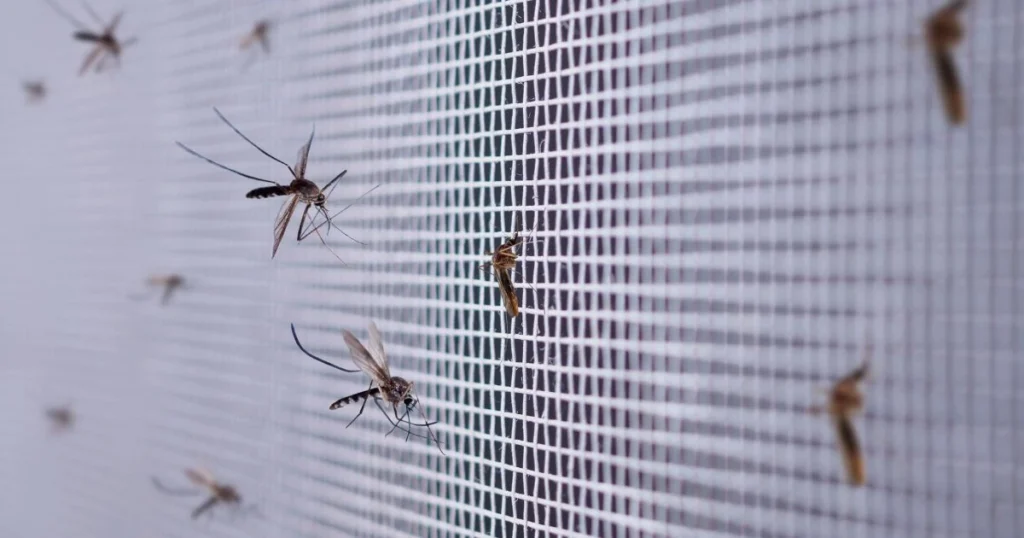
Natural remedies and repellents can be effective options to deter mosquitoes. These alternatives often rely on common plants and homemade solutions that may provide relief from mosquito bites without harsh chemicals.
Certain essential oils possess natural insect-repelling properties. Citronella, eucalyptus, lavender, and peppermint are particularly effective against mosquitoes.
Key oils and their properties:
These oils can be applied directly to the skin when diluted with a carrier oil or used in diffusers to repel mosquitoes indoors. Additionally, planting these herbs in gardens can serve as a natural barrier.
Homemade repellents are simple to make and can be tailored for effectiveness. One popular solution is to blend essential oils with water or vinegar.
Simple recipe:
This mixture can be applied to exposed skin and clothing to keep mosquitoes at bay. For indoor use, placing bowls of vinegar or using ground coffee can help repel mosquitoes, as they are attracted to the carbon dioxide emitted by humans.
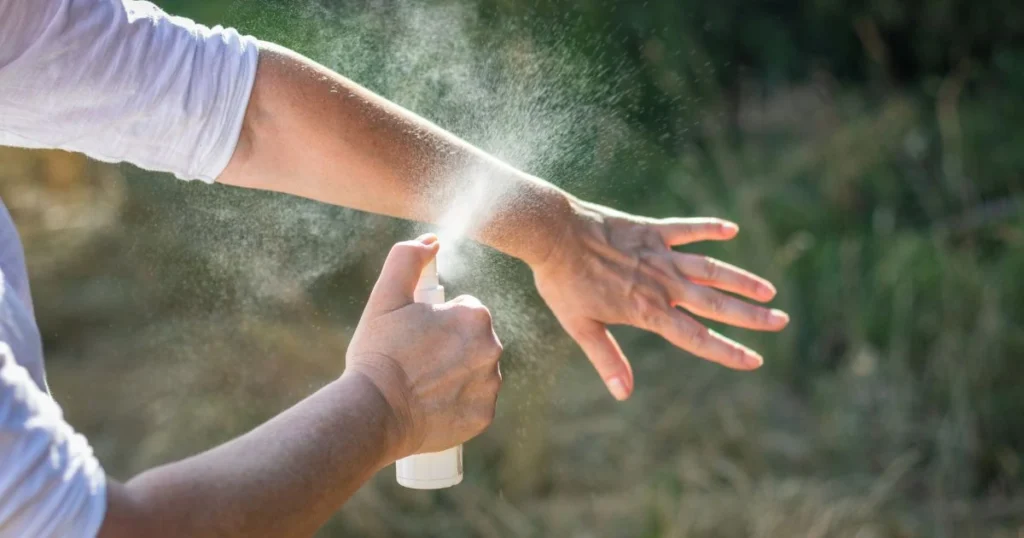
Effective mosquito control often involves chemical measures, which can significantly reduce mosquito populations. Understanding specific products and associated safety concerns is crucial for successful extermination.
Insecticides are among the most common chemical control measures exterminators use for mosquitoes. These products typically contain active ingredients like pyrethroids or organophosphates, which target adult mosquitoes. Sprays can be applied outdoors where mosquitoes breed, such as standing water and shaded vegetation.
The choice of insecticide depends on the environment and mosquito species. Fogging and residual sprays are two common application techniques. Fogging disperses the insecticide in a cloud, which is effective for immediate killing. Residual sprays adhere to surfaces, providing lasting protection.
Follow the manufacturer's instructions to ensure effectiveness and safety. Proper application can help people find an easy way to get rid of mosquitoes.
Using chemical control measures involves certain safety considerations. Insecticides, while effective, may pose risks to humans and pets if not used properly. Personal protective equipment (PPE), such as gloves and masks, is recommended during application.
Additionally, it is important to consider the impact on non-target organisms. Beneficial insects, like bees, can suffer from exposure. Timing applications to avoid peak bee activity can mitigate this risk.
Lastly, individuals should evaluate local regulations regarding insecticide use. Compliance with these guidelines ensures not only safety but also effective mosquito control. Awareness of proper use can enhance the overall effectiveness of extermination efforts.
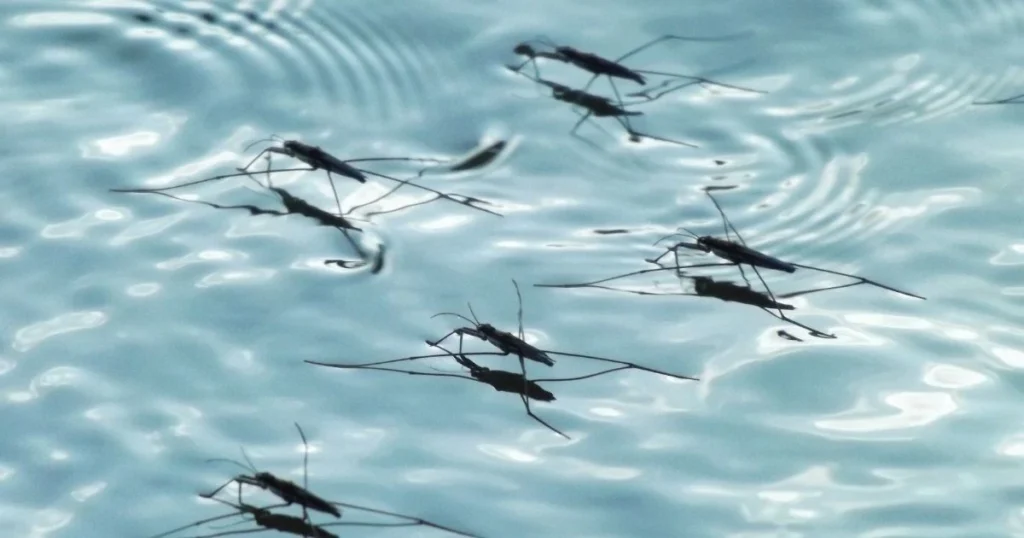
Professional extermination services play a crucial role in effectively managing mosquito populations. These services utilize specialized techniques and products to reduce mosquito presence in residential and commercial areas significantly.
When choosing a mosquito exterminator, consider the provider’s experience and qualifications. Look for licensed professionals with expertise in mosquito control. Checking online reviews and requesting references can provide insights into their effectiveness and reliability.
Inquire about their methods. Integrated Pest Management (IPM) is a holistic approach that combines biological, environmental, and chemical strategies. A reputable service provider will tailor its approach based on the property's specific needs to ensure safety and success.
Clients should have clear expectations regarding the extermination process and potential outcomes. Professional services typically start with assessing the property to identify breeding grounds, such as stagnant water.
After treating the area, it may take several days to notice a significant decrease in mosquito activity. Follow-up treatments may be necessary, especially during peak seasons. Long-term control strategies often include habitat modifications and ongoing monitoring, leading to effective mosquito management. Clear communication with the service provider will help manage expectations for results and timelines.
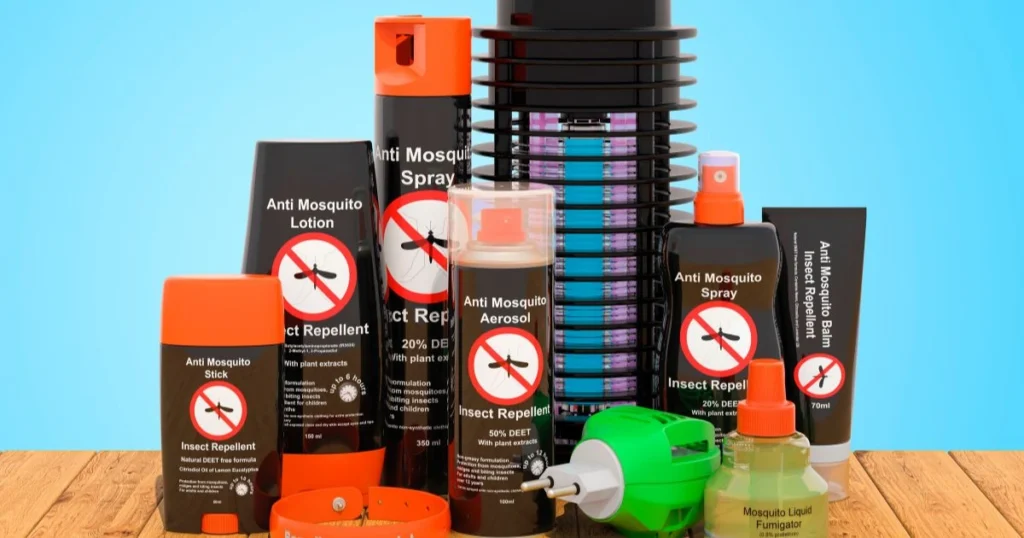
Various mechanical and electronic methods can effectively control mosquito populations. These methods offer various approaches for immediate capture and long-term solutions through innovative technologies.
Mosquito traps and zappers are commonly used devices targeting adult mosquitoes. Traps usually employ attractants such as carbon dioxide or heat to lure mosquitoes, capturing them in a net or container. These devices often come equipped with lures containing essential oils, which can act as repellents to keep unwanted insects away.
On the other hand, electric zappers utilize UV light to attract mosquitoes and other flying insects. Once drawn in, they contact an electrified grid, leading to instant elimination. Regular maintenance, like cleaning the trap or replacing attractants, is crucial for optimal performance. The effectiveness can vary based on the surrounding environment and mosquito species.
Emerging technologies in mosquito control offer promising solutions. For instance, some innovative devices integrate smart technology, allowing users to monitor and control traps remotely via mobile applications. This enables real-time data collection on mosquito activity and environmental conditions.
Another notable mention is the use of sonic devices that claim to emit frequencies disrupting mosquito mating patterns. While studies on efficacy are still ongoing, these approaches reflect a shift toward sustainable and less toxic mosquito control methods. Devices using essential oils combined with mechanical traps can provide a dual approach, enhancing effectiveness while minimizing harmful impacts on the ecosystem.

House mosquitoes pose significant health risks, as they are vectors for various diseases. They can transmit illnesses such as malaria, dengue fever, Zika virus, and West Nile virus.
Fighting mosquitoes is crucial for community health. Preventative measures include:
Education also plays a key role in disease prevention. Information campaigns on recognizing mosquito hotspots and understanding seasonal risks can benefit communities.
Exterminators can effectively control mosquito populations through regular inspections and treatments. Professional services often include larvicides to target juvenile mosquitoes before they mature.
By implementing these strategies, individuals can significantly reduce the risk of mosquito-borne diseases in their environments. Understanding the habits of house mosquitoes enables more effective prevention efforts.
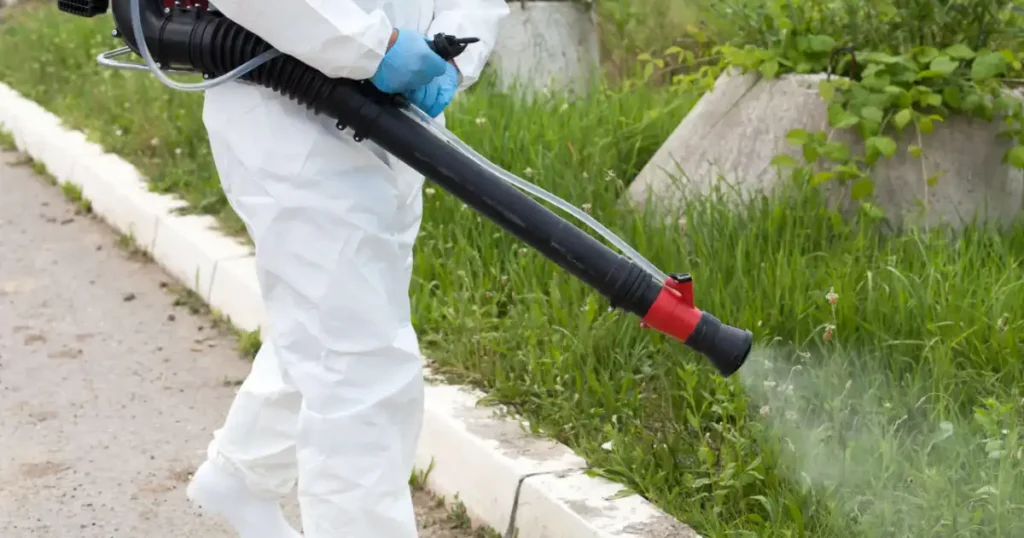
Ongoing care and strategic management are crucial for minimizing mosquito populations after initial extermination. Both monitoring the environment and implementing long-term solutions play significant roles in sustaining a mosquito-free space.
Regular monitoring is essential for identifying mosquito breeding grounds. Inspect areas such as stagnant water, clogged gutters, and overwatered plants. Keeping these elements in check helps ensure the effectiveness of an initial treatment.
Routine maintenance can involve:
For those seeking the best remedy for mosquitoes, a consistent approach to monitoring is key.
Implementing sustainable mosquito control strategies can reduce future infestations. Start by eliminating breeding sites around the property. This includes filling in potholes, ensuring proper drainage, and using larvicides in standing water.
Additionally, consider these long-term solutions:
These proactive measures represent an easy way to get rid of mosquitoes sustainably.
For those needing professional assistance, Critter Stop offers free inspections to address pest issues. They have a fantastic reputation and customer reviews online due to high-quality work and great customer service. Call Critter Stop at (214) 234-2616 for wildlife or pest removal support.
This section addresses common inquiries regarding mosquito extermination and control. It covers practical solutions, professional services, and natural remedies for managing mosquito populations effectively in various environments.
Individuals can seek the services of an exterminator at local pest control companies. Critter Stop is one notable option that specializes in mosquito management. Searching online or consulting with neighbors can also yield useful recommendations for reliable extermination services.
Using a combination of techniques enhances backyard comfort. Regularly removing standing water, employing mosquito traps, and utilizing citronella candles can significantly reduce mosquito presence. Additionally, installing screens on porches offers protection while enjoying the outdoors.
Essential oils such as peppermint, eucalyptus, and lavender can be used as natural repellents. These oils can be diluted with a carrier oil and applied to the skin or used in diffusers. Planting mosquito-repellent herbs like basil and mint around the patio can also deter these pests.
Mosquitoes often enter through small openings such as gaps in screens or doors left ajar. They may also be brought indoors through clothing or items. Ensuring all entry points are sealed can help reduce their presence inside the home.
Using fans to create a breeze can help keep mosquitoes away. Additionally, placing bowls of vinegar or essential oils around the home can act as natural repellents. Regular cleaning, especially in hidden areas, also discourages mosquito breeding.
During peak season, it is crucial to eliminate standing water sources, apply mosquito repellents, and consider professional extermination. Wearing protective clothing and insect screens on doors and windows can reduce exposure.
It is essential to inspect and eliminate breeding sites indoors regularly. Utilizing mosquito traps and securely closing doors and windows will help manage their presence. Consistent use of natural repellents can also be effective.
Using ready-to-use mosquito spray solutions can provide immediate relief without much disruption. Setting up traps and citronella candles can also be utilized quickly while maintaining daily activities.
The first step is to identify and eliminate breeding sites. Following this, applying approved pesticides carefully according to the instructions enhances safety. Regular follow-up treatments ensure long-term effectiveness in both environments.
Many find that using a combination of traps, repellents, and habitat modifications leads to lasting control. Consulting with pest control professionals can provide tailored strategies based on specific circumstances.
Lemon eucalyptus oil is often highlighted for its effectiveness as a natural mosquito repellent. Other effective options include lavender and tea tree oil, which can be used in diffusers or diluted for topical applications.
Many exterminators now offer eco-friendly treatment options. These may include using organic pesticides and non-toxic traps, which are effective and less harmful to the environment and human health.
Visit our Critter Library and learn more about our furry friends